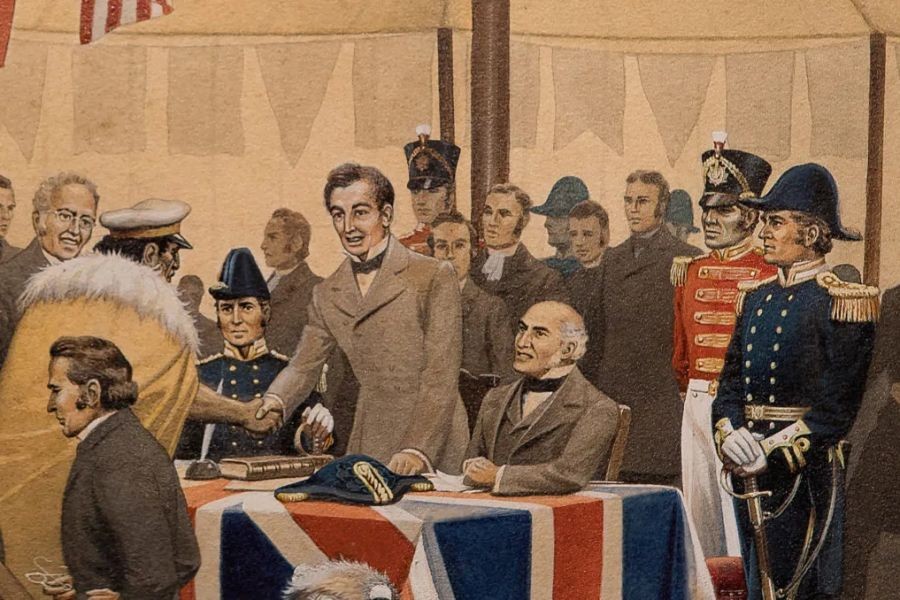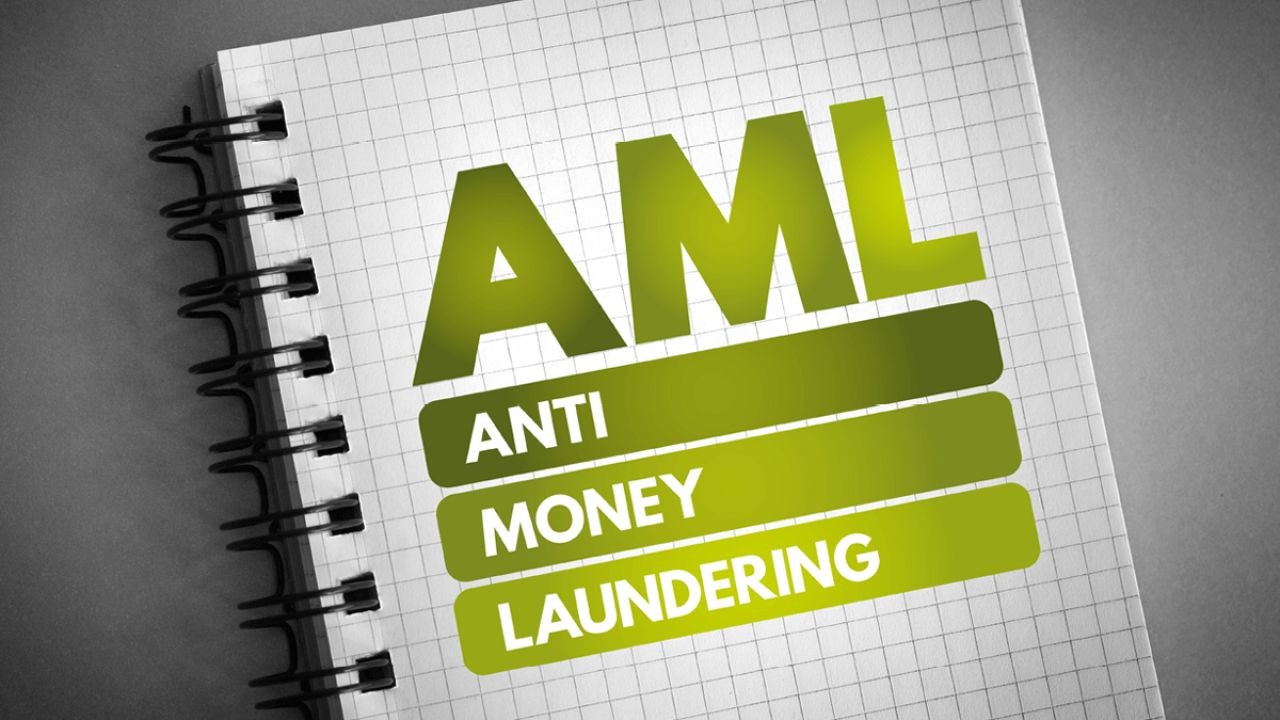The Treaty of Waitangi, often described as New Zealand's founding document, offers a unique framework for understanding the intersection of historical agreements and modern governance. As investment bankers, understanding the Treaty’s role in shaping New Zealand’s legal and economic landscape is crucial. Let’s dive into how this compares to other historical agreements worldwide, with a focus on New Zealand's economy and industries.
Understanding the Treaty of Waitangi
The Treaty of Waitangi, signed in 1840, was an agreement between the British Crown and various Māori chiefs. It aimed to establish a foundation for British governance while ensuring the protection of Māori rights. However, discrepancies between its English and Māori versions have led to ongoing debates regarding its interpretation and implementation. This Treaty remains significant in New Zealand's legal framework, influencing property rights, resource management, and social equity.
Comparison with Other Historical Agreements
Globally, historical agreements such as the Magna Carta or the U.S. Constitution have set precedents in governance and rights. However, the Treaty of Waitangi is distinct in its continued influence on both legal and economic aspects of New Zealand society. Unlike many historical agreements, the Treaty is a living document, meaning its principles are actively applied and interpreted in contemporary governance.
Case Study: Economic Impacts of the Treaty in New Zealand
Consider the fisheries industry, a critical sector in New Zealand, contributing significantly to the national economy. The Treaty of Waitangi (Fisheries Claims) Settlement Act 1992 was a landmark agreement that resolved Māori claims to commercial fishing rights. This case illustrates how the Treaty has been instrumental in shaping industry dynamics. After the settlement, Māori participation in the fisheries sector increased, fostering economic growth and ensuring sustainable resource management.
Data-Driven Insights from New Zealand's Economy
According to Statistics New Zealand, the Māori economy contributes approximately $50 billion annually, a testament to the Treaty’s role in empowering Māori enterprises. This influence extends beyond fisheries to sectors like tourism and agriculture, where Māori cultural values enhance New Zealand's unique market offerings.
Pros vs. Cons of the Treaty’s Modern Application
- Pros:
- Empowerment of Māori: The Treaty enhances Māori participation in the economy, promoting cultural heritage and economic equity.
- Legal Framework: Provides a robust foundation for resolving historical grievances, fostering social cohesion.
- Economic Growth: Encourages investment in sectors like tourism and agriculture by integrating Māori perspectives.
- Cons:
- Interpretation Challenges: Discrepancies between Treaty versions complicate legal interpretations.
- Resource Allocation: Balancing interests between Māori and non-Māori can be contentious.
- Implementation Costs: Addressing historical grievances requires significant government resources.
Myths and Misconceptions
Several myths surround the Treaty of Waitangi’s role in modern New Zealand:
- Myth: "The Treaty is outdated and irrelevant."
- Reality: The Treaty remains a cornerstone of New Zealand’s legal system, shaping policies and economic opportunities.
- Myth: "The Treaty only benefits Māori."
- Reality: By promoting social equity, the Treaty contributes to a stable business environment beneficial to all New Zealanders.
Future Trends and Predictions
As New Zealand navigates future challenges, the Treaty will likely play an increasingly pivotal role. With the government’s commitment to enhancing Māori economic participation, sectors like digital technology and renewable energy are poised for growth. By 2030, experts predict that Māori enterprises will significantly influence these emerging markets, driving innovation and sustainability.
Conclusion and Call to Action
The Treaty of Waitangi is not just a historical document; it is a dynamic framework that influences New Zealand’s economic and legal landscape. For investment bankers, understanding its implications is crucial for identifying opportunities and navigating challenges within the New Zealand market. To stay informed, consider subscribing to local economic newsletters and engaging with Māori businesses to gain insights into this unique aspect of New Zealand’s economy.
People Also Ask
- How does the Treaty of Waitangi impact businesses in New Zealand? The Treaty supports Māori economic participation, enhancing market diversity and innovation.
- What are the biggest misconceptions about the Treaty? Many believe it only benefits Māori, but it fosters a stable business environment beneficial to all.
- What upcoming changes in New Zealand could affect the Treaty? Increasing government support for Māori enterprises may enhance their influence in emerging markets.
Related Search Queries
- Treaty of Waitangi economic impact
- New Zealand historical agreements
- Māori economic growth statistics
- Treaty of Waitangi legal implications
- New Zealand investment opportunities

































Taylah Maxted
10 months ago